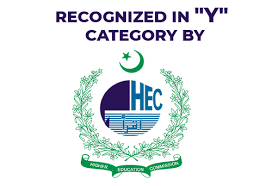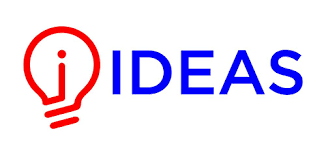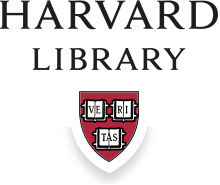Article | Open Access | Published: 5 December 2009
Military Counseling in the Armed Forces Community of South Korea
| Views: | 165 | | | Downloads: | 162 |
Abstract:
The contemporary generation of Korean soldiers has faced greater difficulties than its predecessors in adjusting mentally to military life. Prominent problems include relationship conflicts, perceived incompatibility with military culture, depression, internet addiction, violence, and extreme cases that have resulted in suicide. Hence, the military authorities have realized the critical importance of counseling for soldiers, and have implemented several countermeasures. Military counseling concerns activities both within and outside the armed forces aimed at solving the psychological problems of soldiers. Due to technical and personal limitations within the armed forces, collaboration with civilian groups is essential. The Korean Association of Counseling Professionals (KACP) conducted counseling education for about 1,000 primary officers in 2006. Encouragingly, not only was the response from senior officers very positive but also the rate of soldiers committing suicide was reduced following the implementation of the program. The principles of this program are elaborated through four stages- 1) ‘Epoche in phenomenology' which concerns opening the mind and removing mental bias, 2) 'Approach', 3) ‘Collective problem solving' and 4) 'Changing the mind.’ The authors call this the '4 stages of counseling program (EAST-C model).
Keywords:
Military counseling, evaluation scale, counseling education, internet addiction, violence, military leaders, 4 stages of counseling program (EAST-C model)
Publisher:
ILMA UNIVERSITY
Published:
5 December 2009
Issue:
Issue 2 : Volume 5
E-ISSN:
2409-6520
P-ISSN:
2414-8393
This is an open access article distributed under the terms of the Creative Commons Attribution CC BY 4.0 license, which permits any use, distribution, and reproduction of the work without further permission provided the original author(s) and source are credited.














